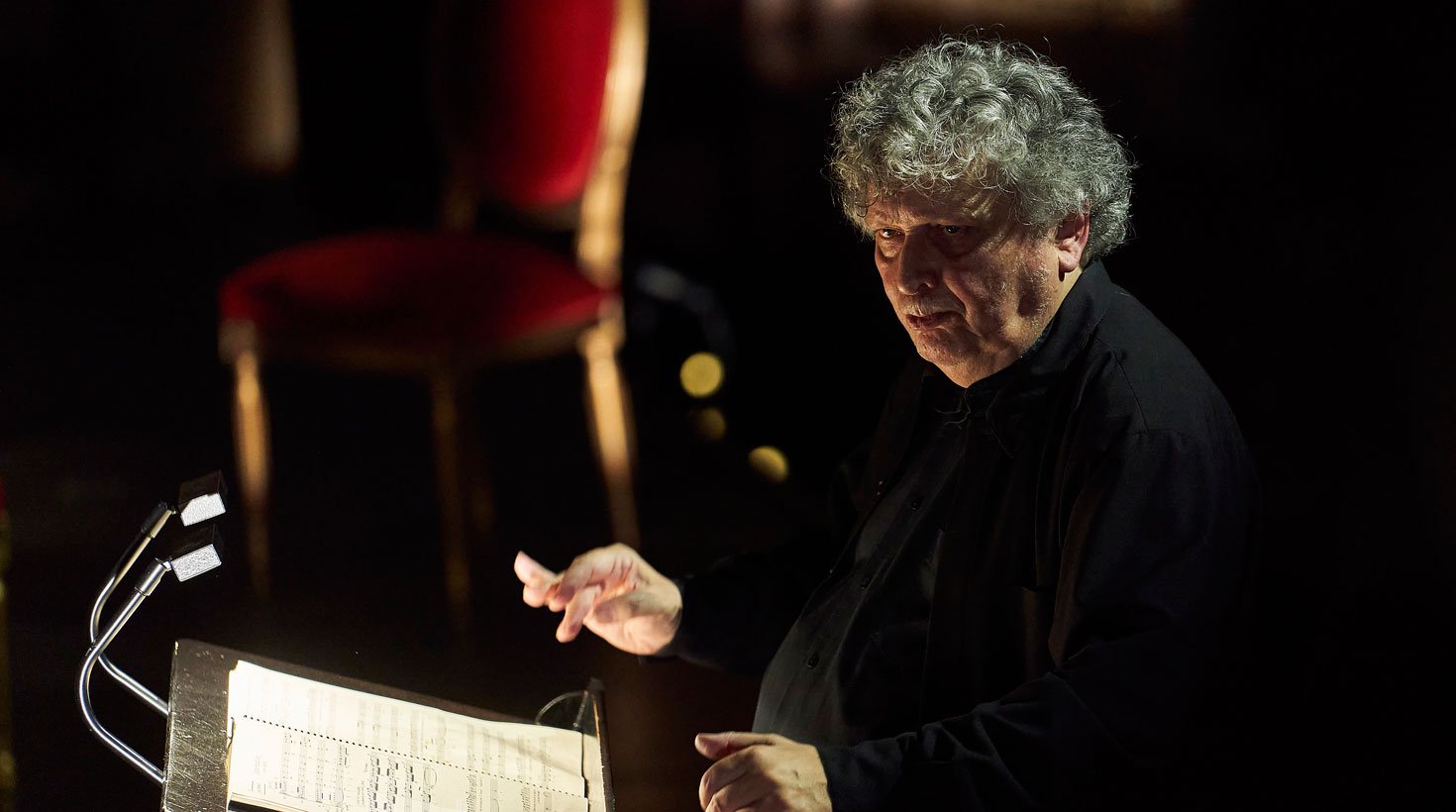René Jacobs completes the portrait commissioned by the Liceu to review three operatic Orfeos
The myth of Orpheus is one of the darkest and most symbolic of all Hellenic mythology. Of ancient origins, Orpheus is the “singer” par excellence, the musician and the poet. It was said that he knew how to sing and play such sensitive songs that wild beasts followed him, the plant kingdom bowed down before him and the fiercest of men became completely calm.
On the other hand, on the occasion of the wedding of Maria de Medici and Henry IV, King of France, in the Medici’s Florence of 1600, Jacopo Peri and Giulio Caccini had premiered their Euridice, considered the first opera (now sadly no longer in existence). In opposition to this event, Vincenzo Gonzaga, Duke of Mantua and a fervent lover of the arts, wanted to counterattack with the commissioning and premiere of a new opera. An artistic movement, but also a political one. This is how Claudio Monteverdi’s Orfeo was born.
L’Orfeo, favola in musica premiered on 24 February 1607 in a small hall of the Palazzo Ducale in Mantua: almost the first opera or, at any rate, the oldest surviving complete opera. It was the beginning of a new era: L’Oracolo della musica put into practice the experimental language he had already used in his last madrigals, developing a new sound language that would represent the transition between the Renaissance and the Baroque. The literary text was in perfect communion with the music, becoming courtly entertainment that incited enormous interest and unlimited possibilities.
On the podium, René Jacobs, a unique expert of these repertoires, completes the portrait commissioned by the theatre to review three operatic Orfeos: those by Telemann, Gluck and Monteverdi. Jacobs, acclaimed as one of the public’s favourite conductors from this musical period, will lead us into the mysteries of this score, which retains all its modernity despite being more than 400 years old.
With the support of:

L'Orfeo
FAVOLA IN MUSICA IN A PROLOGUE AND FIVE ACTS
Libretto by Alessandro Striggio based on Ovid’s Metamorphoses and Virgil’s Georgics.
World premiere: 24/02/1607 in the Palazzo Ducale in Mantua
Barcelona premiere: 23/06/1955, in the Jardí dels Tarongers de la Casa Bartomeu
Last Liceu performance: 16/02/2002
Total number of Liceu performances: 15
- First part 1h
- Interval 30min
- Second part 1h 15min
Artistic profile
- Stage assistant
- Benoît De Leersnyder
- Italian language advisor
- Serena Malcangi
Cast
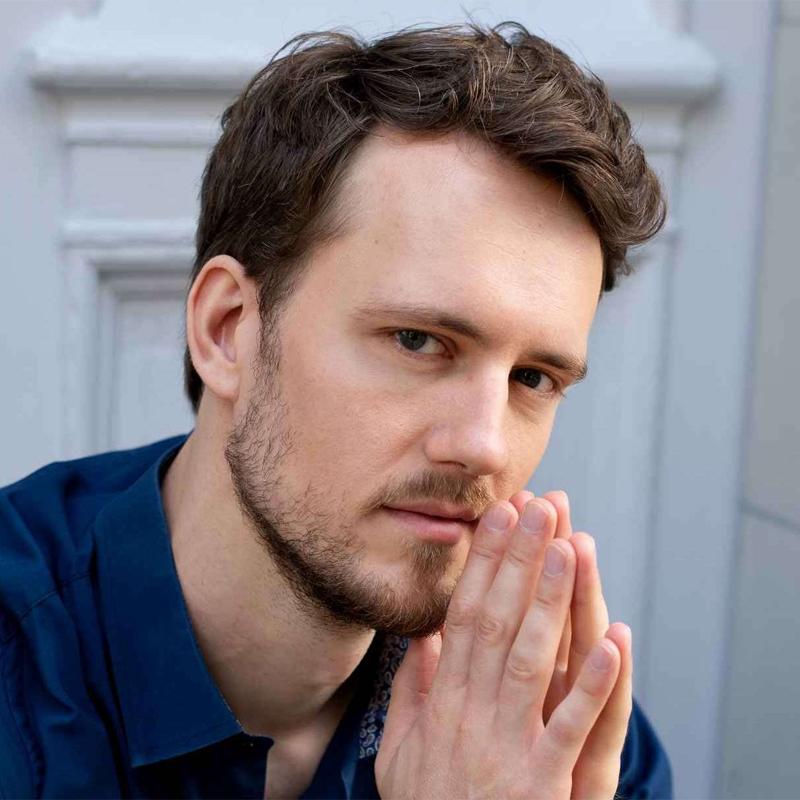
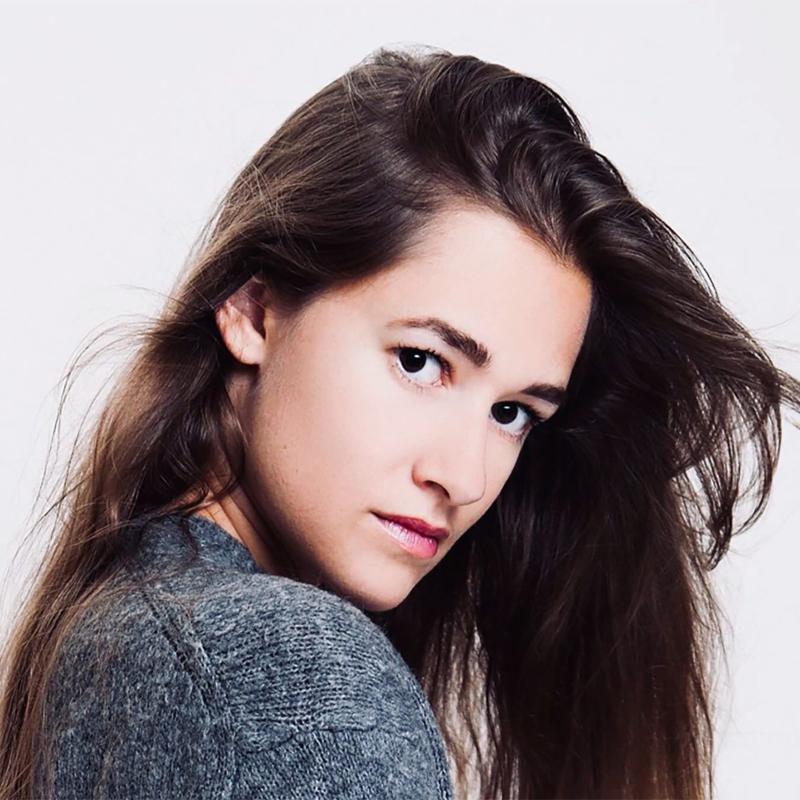
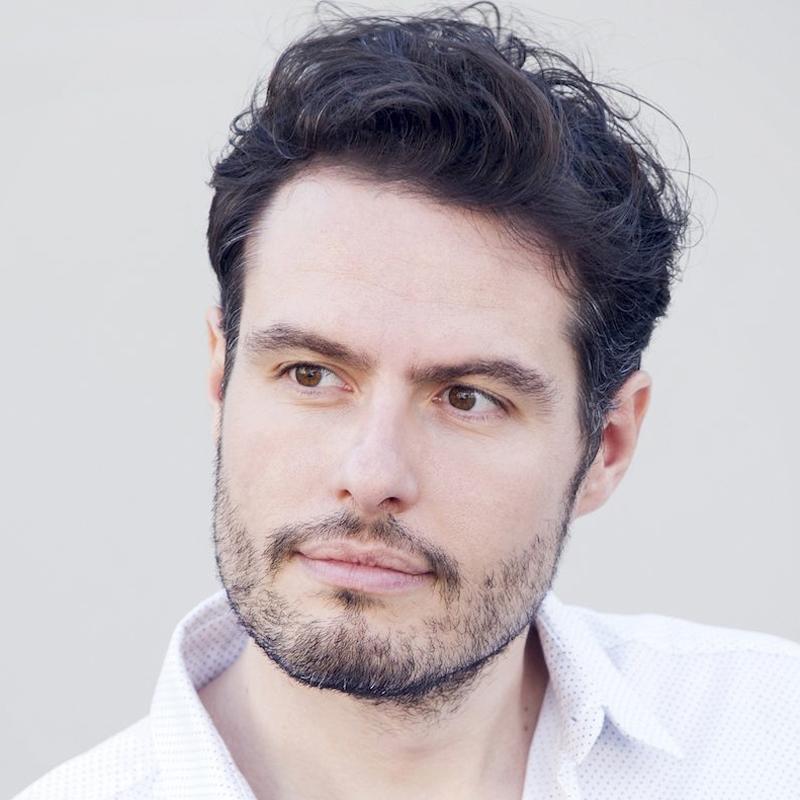
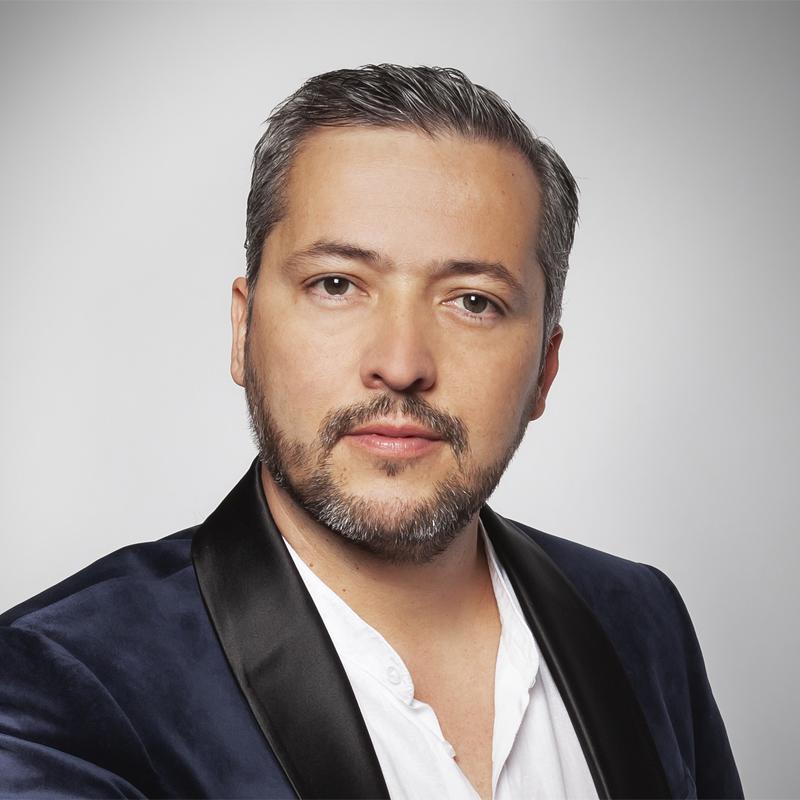
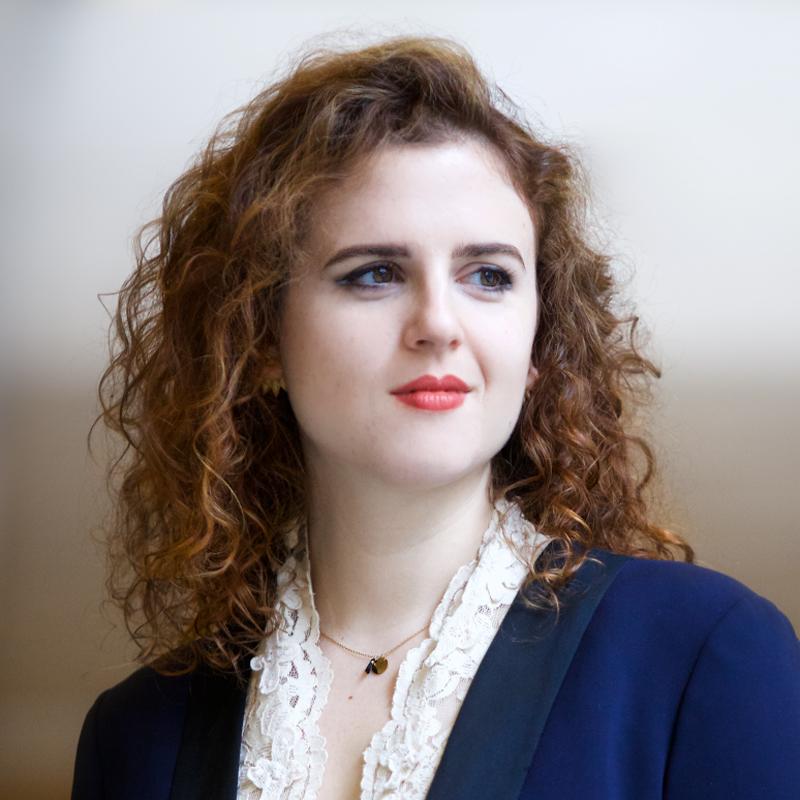
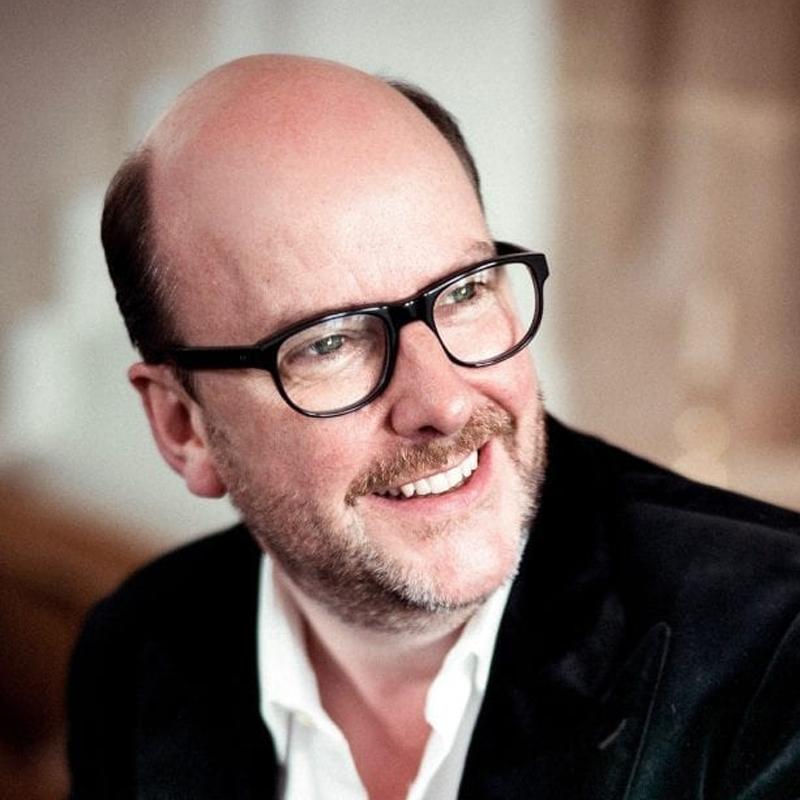
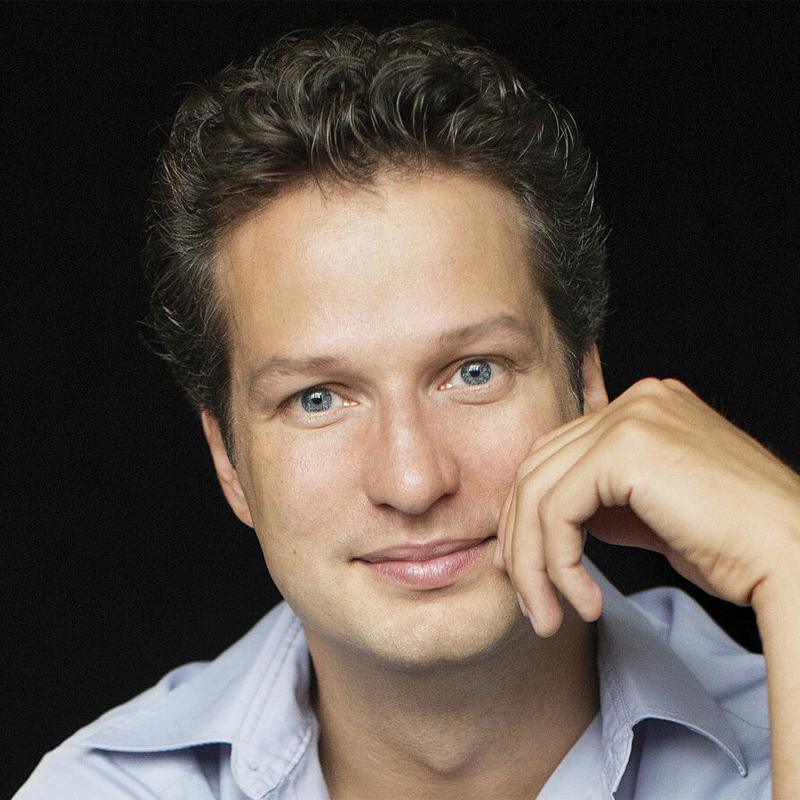

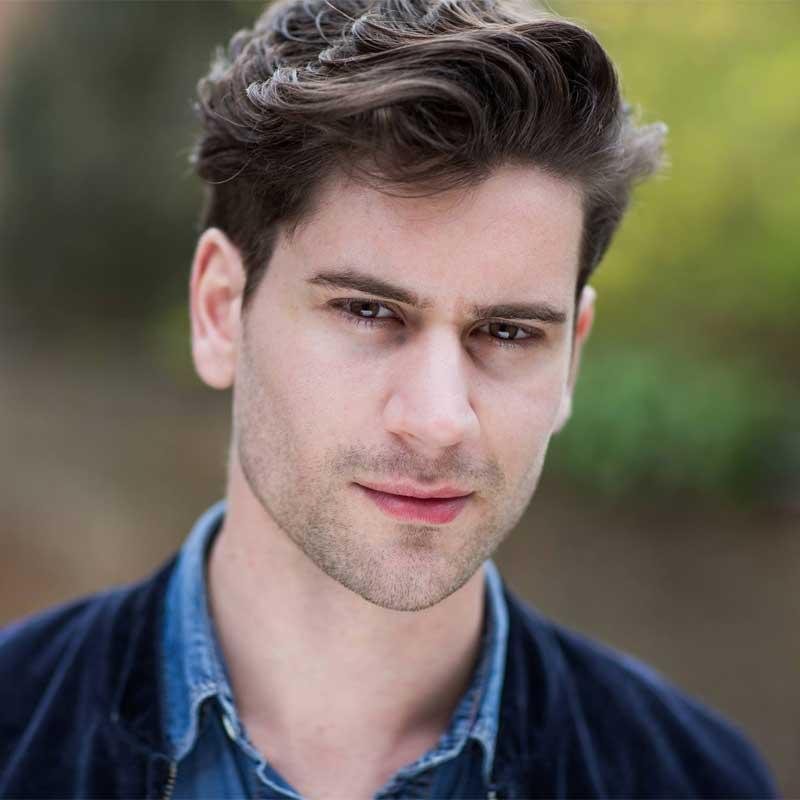
- Zürcher Sing-Akademia (Florian Helgath, conductor)
- Freiburger Barockorchester
- Conductor
- René Jacobs
| Turn C |
The Preview
The Preview is a podcast from the Gran Teatre del Liceu, produced by La máquina de la luz, with a script by Javier Blánquez. In this episode, we talk about Monteverdi's L'Orfeo. Catalan and Spanish edition only.


